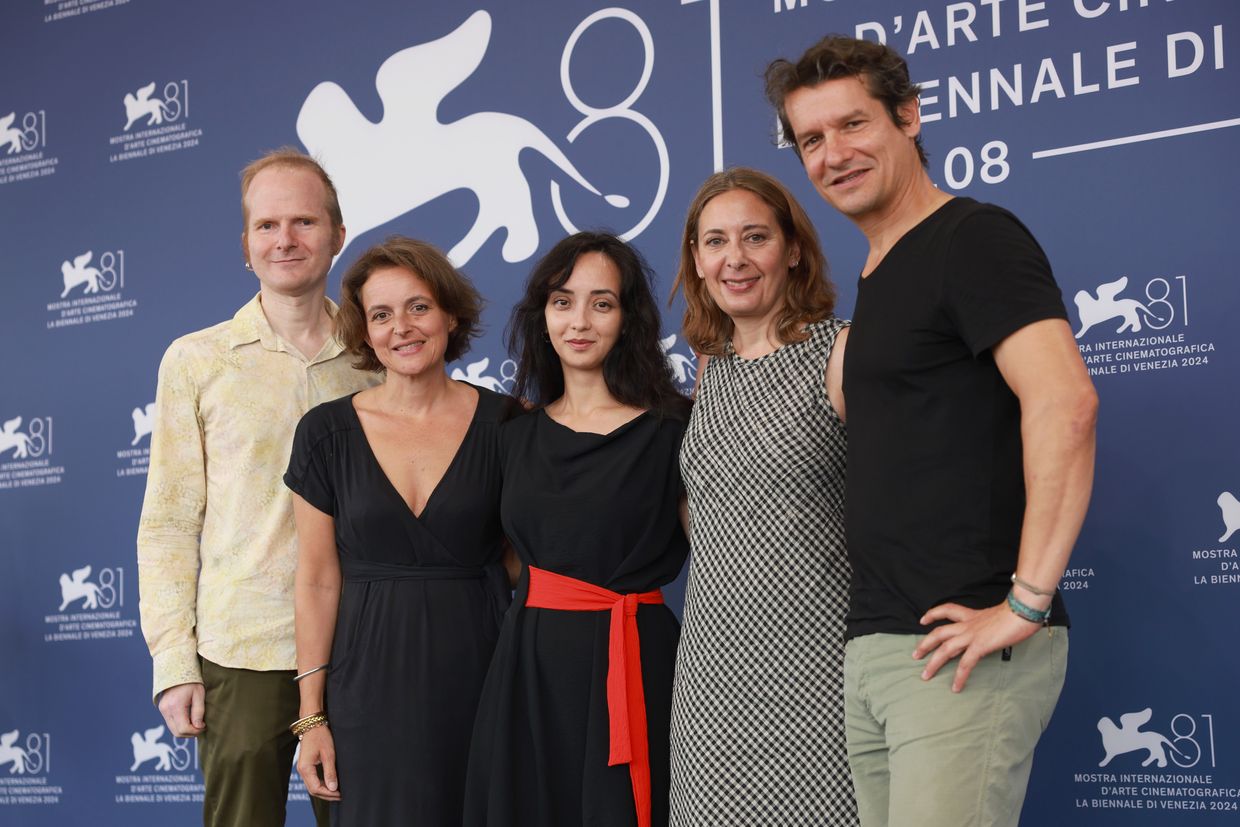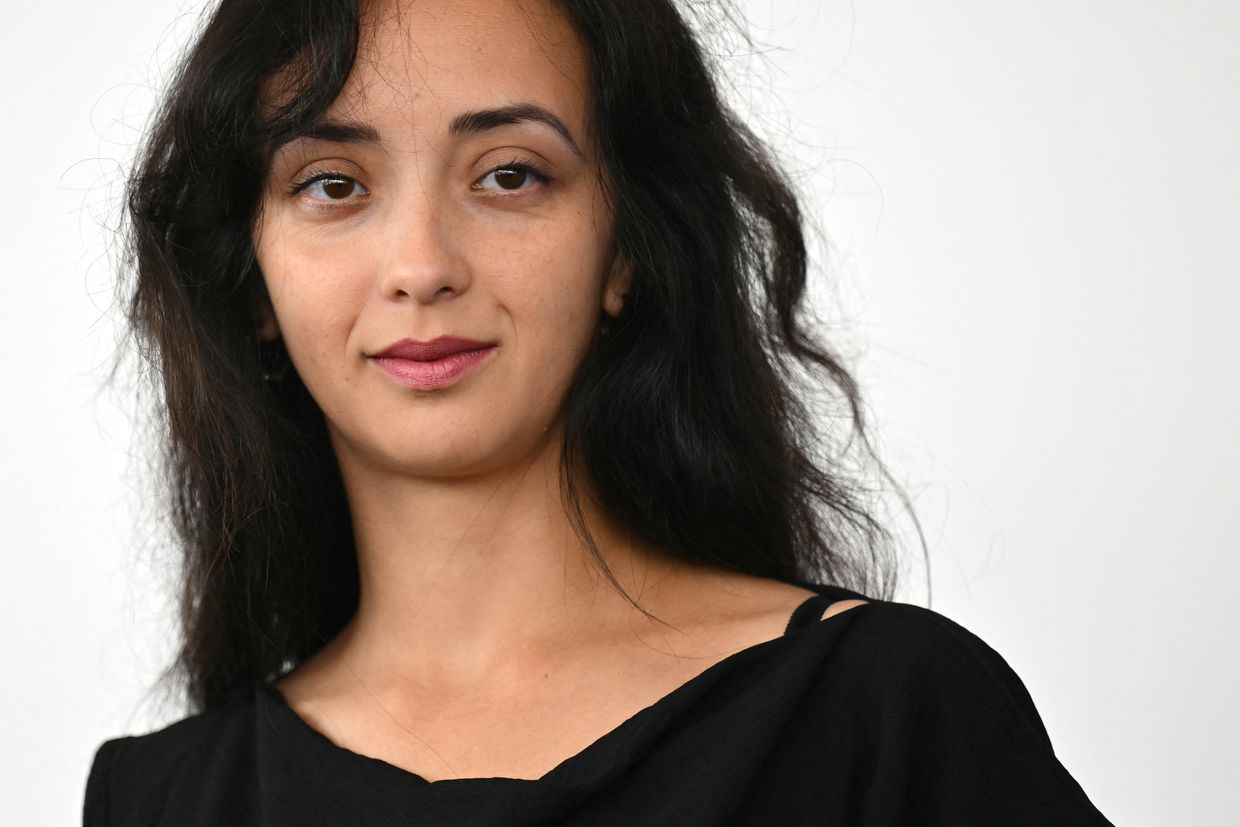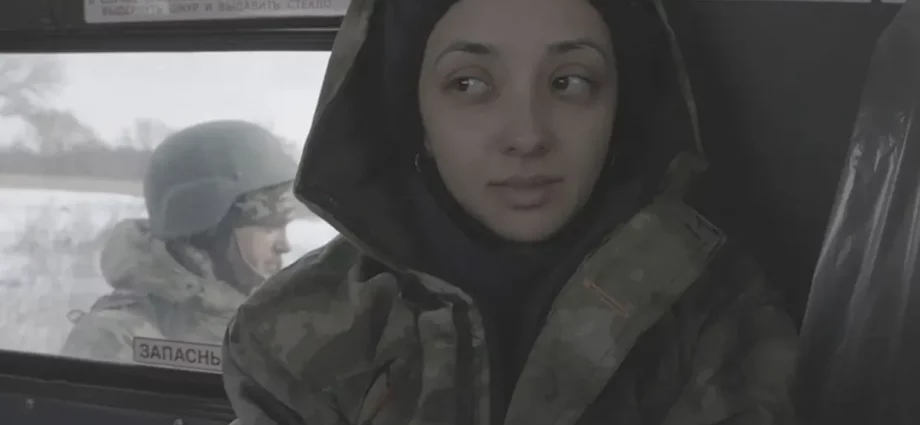A Dutch university is to screen the controversial documentary “Russians at War” and a panel discussion with its director, despite Ukrainian calls for it be be canceled because it “whitewashes… murder, rape, and torture.”
Canadian-Russian director Anastasia Trofimova’s documentary has been criticized for what many perceive as an attempt to whitewash Russian soldiers involved in Russia’s war against Ukraine, sparking protests against its past screenings in Canada and Australia.
Leiden University in the Hague will screen the film on March 26 as part of its Fireside Peace Chats, an initiative of a Leiden University College staff member in collaboration with “several external partners.”
It will be followed by a panel discussion with Trofimova and academic staff members.
Ukraine’s Embassy in the Netherlands on March 25 published a statement calling for the screening to be canceled.
It said the film is “whitewashing Russian soldiers and absolving them of responsibility for murder, rape, torture, looting, forced deportation of children, and destruction of Ukrainian cities.”
“‘Russians at War’ documentary is a piece of Russian outright propaganda that intentionally distorts the reality of the ongoing genocidal Russian war of aggression against Ukraine, thereby misleading viewers and promoting (the) toxic narratives of (the) Kremlin,” it added.
The Security Service of Ukraine (SBU) in October 2024 began investigating Trofimova, the film’s director, on charges of justifying and recognizing the legitimacy of Russia’s aggression against Ukraine and illegally crossing Ukraine’s internationally recognized borders when filming in the Russian-occupied territories.
Student groups who spoke to the Kyiv Independent also expressed outrage at the screening, saying the film “misrepresents the reality of Russia’s war against Ukraine, downplays Russian war crimes, and silences Ukrainian voices,” and that the event should be canceled.
“We are deeply outraged that Leiden University, a leading academic institution in the Netherlands, is providing a platform (for the film),” Anna Mamedova, a Leiden University alumna, and co-founder of the ABBA Student Association, a group that represents students from Ukraine as well as several Baltic and Eastern European countries.

Leiden University has so far refused to cancel the event, arguing it is a “a bastion of freedom” and “a fervent advocate of open, critical debate where different opinions and convictions are engaged with.”
“It has chosen to overlook the fact that this film was produced in illegally occupied Ukrainian territories without authorization, violating international law.”
“We choose to engage with extremely difficult topics rather than closing our eyes, in order to better understand humanity and the world. We will provide a critical context to this film, where there is room for debate, discussion, and criticism,” the university said on March 25.
Mamedova said the ABBA Organisation had contacted the university expressing its concerns.
“It has chosen to overlook the fact that this film was produced in illegally occupied Ukrainian territories without authorization, violating international law. It is particularly shameful that this occurs in The Hague — the City of Peace and Justice,” Mamedova said.
In response, the university acknowledged “the immense suffering” caused by Russian aggression and assured that it takes academic integrity seriously, Mamedova said.
ABBA is organizing a protest in response to the film screening in front of the university building 30 minutes before it starts and a combat casualty care workshop featuring Ukrainian combat medic Anastasia Mutsey, which will also take place at Leiden University at the time the screening begins.
Protests against the film’s screening were held in several countries, including Canada and Australia.
Earlier in her career, Trofimova worked for Russia Today (RT), a Kremlin-backed propaganda outlet.
Is ‘Russians at War’ propaganda? We asked 7 people in film who saw it
The documentary “Russians at War” has sparked controversy since its debut on the festival circuit, with many accusing it of whitewashing Russian soldiers and their crimes in Ukraine. Canadian-Russian director Anastasia Trofimova has defended the film, calling it “anti-war.” After facing backlash,…



